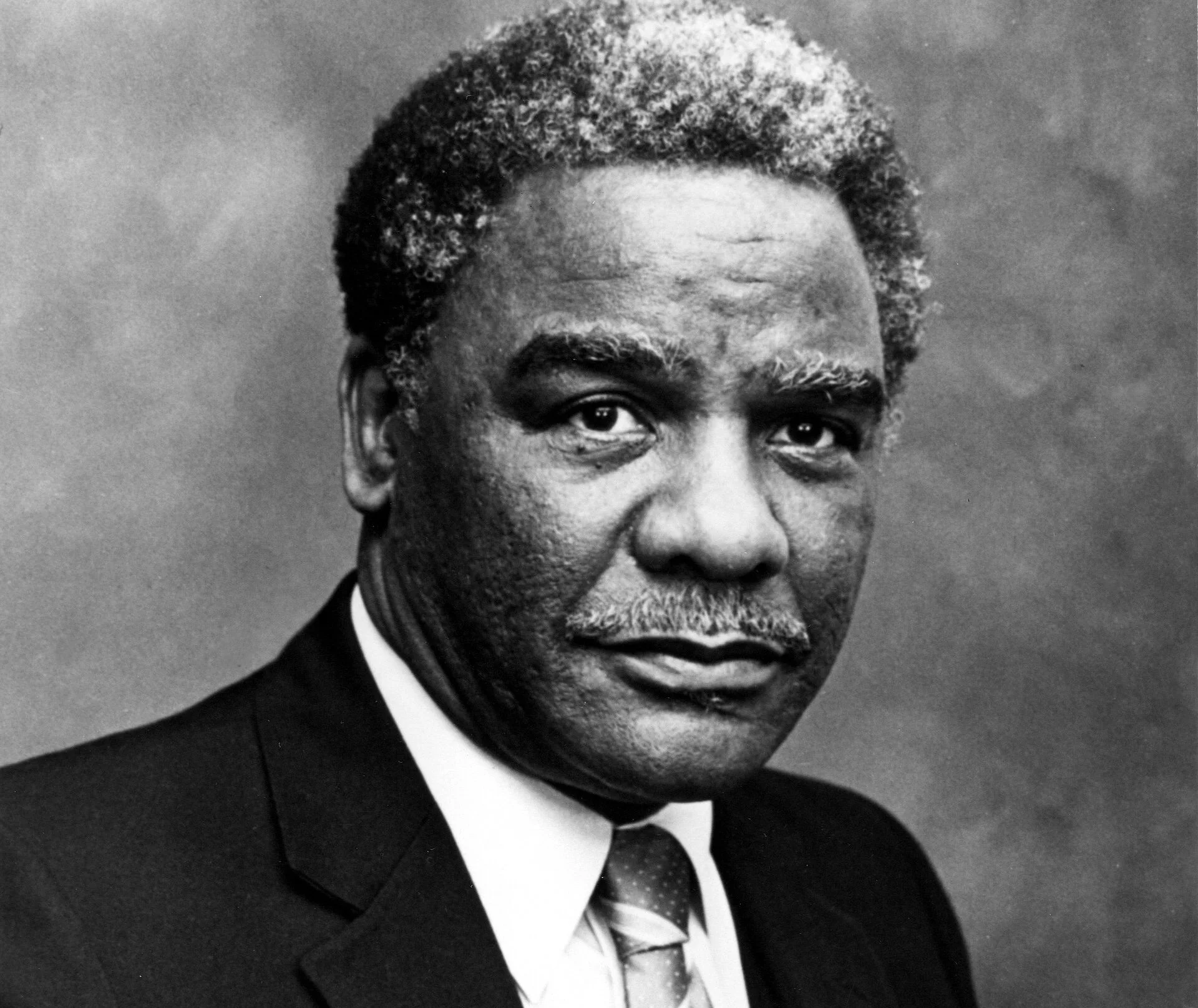What Harold Washington meant to us Asian Americans and the rest of Chicago
Photo: Wikimedia Commons.
On this day in 1987, Chicago stopped. The news that Mayor Harold Washington had collapsed and died at his desk didn't just signal a tragedy for a man. It felt like the lights flickering out on a new vision for our city.
I often think about what Chicago looked like before Harold. It was a city of rigid lines. There were geographic lines that segregated our neighborhoods. There were political lines that divided the "Machine" insiders from the rest of us. And there were racial lines that operated on a strict binary. You were white or you were Black. If you were Latino, you were fighting for recognition.
But if you were Asian American, like me, you were largely invisible.
For decades, families like mine were viewed as a silent workforce. We were expected to keep our heads down, build our businesses, and stay out of the way of the real brokers of power. We were not seen as a political constituency. We were certainly not seen as partners in governance.
Harold Washington changed that.
When Harold built his famous coalition, he didn't just ask for our votes. He asked for our voice. He was the first mayor to explicitly include Asian Americans in the definition of Chicago.
He understood that a Filipino family in Uptown had needs distinct from a Chinese family in Armour Square, and that both deserved the same attention as a ward boss's cousin in Bridgeport.
This wasn't just rhetoric. It was policy. In 1986, he signed the executive order that established the Mayor’s Advisory Committee on Asian American Affairs. For the first time in the history of this city, we had an institutional home in City Hall.
I think about that often as I engage with our city. Every time I see a diverse board or attend a community hearing, I am occupying space that Harold Washington cleared for us.
When I see Ald. Leni Manaa-Hoppenworth (48th) do her job, a fellow Filipino American, I think, “He helped pave the way for her, for us.”
He shattered the "model minority" myth that suggested we didn't need help or didn't face discrimination. He recognized our struggles with housing, language access, and civil rights. He validated our existence as citizens who had a right to shape the city we lived in.
His impact went far beyond identity politics. Harold Washington fundamentally changed the relationship between the government and the governed for every single Chicagoan.
Before 1983, city services were often treated as favors to be traded rather than rights to be expected. If you wanted a pothole fixed or a tree trimmed, it helped to know a guy. Harold dismantled that system.
He fought to enforce the Shakman Decree which legally forbade politically motivated hiring and firing. This professionalized the city workforce and ensured that a job in the Streets and Sanitation department was about competence, not patronage.
He also brought sunlight into the halls of power. By issuing the city's first Freedom of Information executive order, he declared that the business of government belonged to the public. For the first time, budgets and contracts were open to scrutiny. This shift didn't just help minorities. It helped every taxpayer who wanted an honest accounting of how their money was spent. It helped the white homeowner on the Northwest Side just as much as the minority renter in Bronzeville.
He taught us what it meant to love the whole city. Before him, the focus was almost exclusively on the downtown Loop. If you lived in the neighborhoods, you often felt like you were funding a party you weren't invited to.
Harold reversed that polarity. He paved our streets. He fixed our lights. He built our libraries. He championed the idea that the bungalow belt and the lakefront high-rises were of equal worth.
This "neighborhoods first" philosophy is something we take for granted now, but at the time, it was revolutionary. It was an assertion of dignity for the working class.
We lost him too soon. Thirty-eight years ago today, we lost the man who showed us what a modern, equitable Chicago could look like.
However, the machine could not be rebuilt the way it was. The door he kicked open could not be closed.
Today, when I look at the diversity of our City Council or the makeup of our various boards and commissions, I see Harold’s fingerprint.
When we demand transparency in government or fight for equity in city services, we are speaking the language he taught us.
He set the standard. He taught us that a mayor serves the entire city, not just the connected few.
He taught us that "Chicagoan" is a title that belongs to everyone, including the Asian American community.
I am proud to be part of the civic life of this city. I am proud to have a voice. And I know that I am able to use that voice today because Harold Washington listened first.

